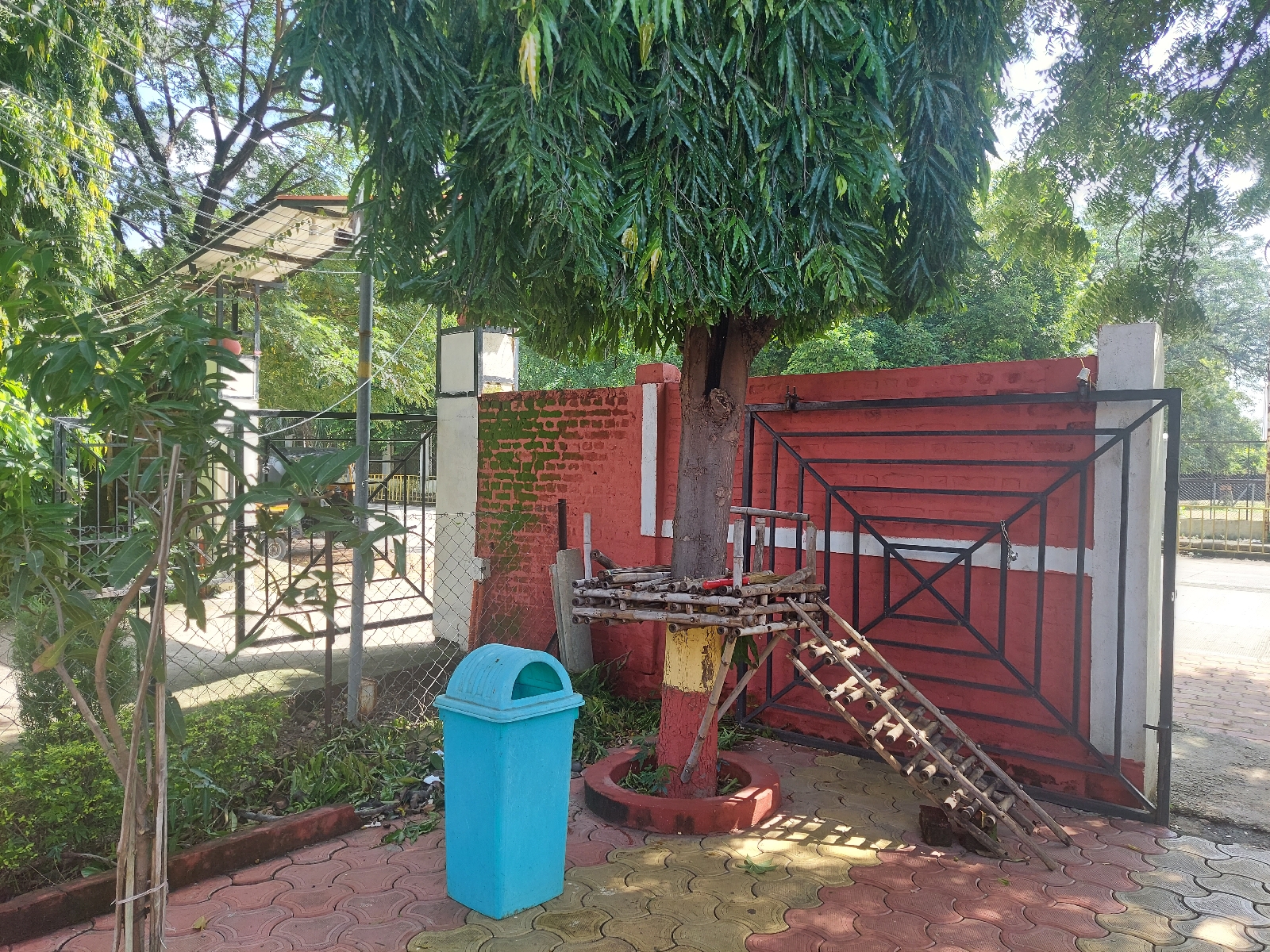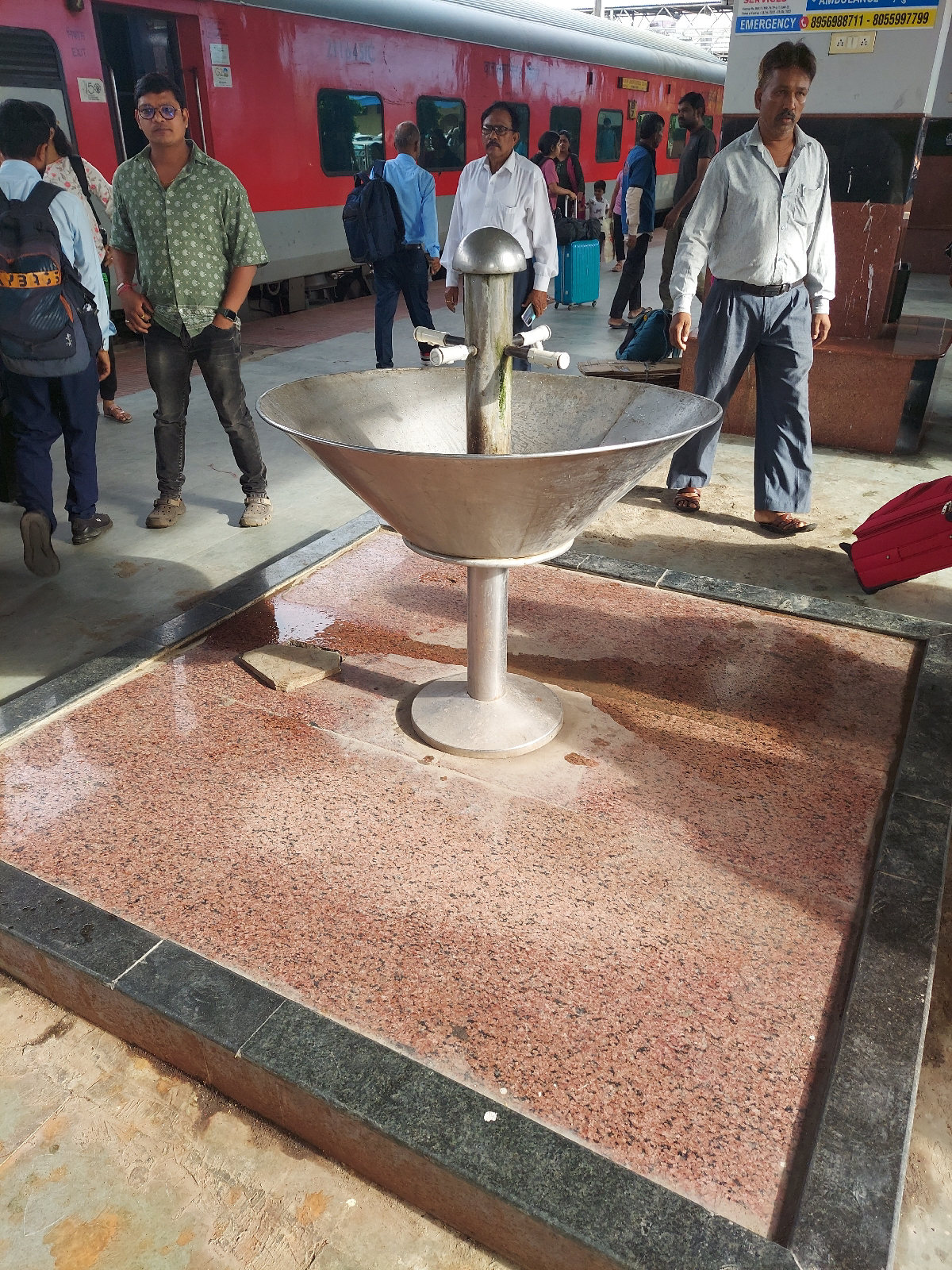Showing posts with label practices. Show all posts
Showing posts with label practices. Show all posts
Sunday, September 10, 2023
Sunday, October 30, 2022
Rituals
Sometimes, life throws you in an unexpectedly beautiful spot - one that you secretly desire and deny at the same time. For some time now, I had been feeling the fatigue off the city (Mumbai). I kept thinking whether it is the time to take a vacation, or get out of the madness of the city. There was no situation to think of getting out because I was obligated to attend my terminally ill aunt who was in her deathbed at the hospital. There was a two week holiday, but i was thus tied to be there as physical support alongside my family. In the meantime, on the day of Diwali, we heard of the unexpected death of my eldest uncle in Bikaner. Diwali was anyway low-key this time given the condition of my aunt. We had not even lit up our balconies with the Chinese lights like we always do. And this soft gloom turned full fledged with the arrival of this fatal news. While my entire family was hoping that my aunt would release herself soon, the news of my uncle's death - a reasonably peaceful one - shook everyone.
My uncle was 82 (1941-2022) and lived in Bikaner, Rajasthan. He was the only one who stayed back with his family looking after our ancestral house while others, including my grandfather, migrated to Mumbai. He also felt comfortable to be in the Bikaner town for he was not ready to groove into the bustle of the city (of Mumbai) where his other four brothers moved. One moved to Kolkata, while another deceased. Of the seven brothers then, four lived in Mumbai and one in Bikaner. He was the eldest, simplest and the most silent. With little qualification for a formal job in the government sector, he would be supported by his brothers in Bombay. Thus, the responsibility of the final rites naturally came onto the next eldest one, who rushed to Bikaner on the immediate next day.
In the mean time my father decided that I could come here to be of some help - since it was also my holiday at work. I promptly agreed because there was nothing to really object to. I had also not been to Bikaner in the last eight years. There are no real occassions for me to come here otherwise. There began my journey to Bikaner. And to compound it - I was to immediately travel to Haridwar carrying the ashes of my uncle's cremated body to be immersed into the holy Ganges. So an added trip to Haridwar was already ticketed and planned. As soon as I arrived in Bikaner, I freshened up to leave for Haridwar.
The next day I was on the banks of Ganga - the mighty river. The bustling ghat with hordes of people. In full bustle I dipped myself in the river as a part of the ritual and then immersed the ashes. At the point - a strange feeling of the spiritual took over the scientific. All those narratives of the polluted river and these ideas of dirtiness seemed rather pithy. I was trying to tune myself to the belief of the journey that the soul seemingly takes after death and how one could make it seamless. I had to carry the ashes on my shoulder out of the cremation ground where they were stored, and make a call to the departed that we now take you to Haridwar - the gates to Lord Hari, that reach through the Ganges.
In Haridwar, we met our family record-keepers - the pandaas - as they call them who maintain books on family lineages. These pandaas have a simple indexing system tracked via place, date, names and family linkages. Their records are the only proof for subsequent generations that some physical body whom we call our relatives existed, and travelled to the place to get themselves registered. We found the record of my uncle who visited the place in 1977 when he brought the ashes of his grandmother. The scribe continuing this practice today, was of my age, and made an updated account of the status of the extended family today.
We further proceeded to Ganga to perform the rituals. As I took a dip, my feet were probably in a bed of ash. The water level was very low since the dam gates were not opened. Hence, the river could not really take over my entire body. Yet as a part of the ritual, as I took a dip, it felt like I am offering myself to this cycle of birth and death that is controlled by a power unknown to us, a force much larger to whom we (must) submit without our ego. At the point, I felt of what it would be to become ash and float oneself in this river that has endlessly carried the lives of people after they have deceased for centuries together.
These are the sands that become fertile beds for foods we cultivate further. These are the bones and marrows, the soils that enrich the deltas of some of the oldest civilization of humanity. These are the lands that produce the crops we consume eventually. Suddenly a feeling of being a product of a much larger cycle of nature occurred while I took two more dips in the low currents of Ganga that kept flowing without questioning. It is a conduit that carries civilizational memory. The immensity of this thought dawned on me in that moment as I saw hundreds of people performing the same ritual. Every clinical and scientific explanation of the river being polluted seemed so insignificant in that moment.
Rituals, as much as they bring us to realise redundancy of cultural process, they also make us think of history and historical practice in awkward ways. We are told of doing certain things a certain way and often, we follow them without interrogating them much. When, later however, we ask for some discourse, people offer narratives that make it seem very soft and logical in that register of time. The intent of rituals is to preserve a certain form of humanism that existed in a non-scientific world - they offer ways of mediating aspects that are still not explained by science. For example the fundamental question of what after all, is life, and what happens to someone after they die? What force or energy keeps us alive, and what is really the place of humans in the larger energy system of the universe?
Older rituals asked for feeding different species and forms of life after someone has died. From the brahmins, to extended family, community, helpers, beggars, cows, dogs and or ants - all forms of life were to be offered gratitude. When seen thus, the ritual makes one more holistic towards the total system of nature that survives us through our life. These are social, cultural and physical networks within which human life nurtures its sustenance. Such feeding is the offering and closing of gratitude for one life, while also a way of seeding another. These are rather cyclic practices that celebrate circulation of energies while being immersed, yet removed from the everyday-ness of things. In these acts are reflections that people may dwell and absorb in their day to day relationships with other aspects that constitute their environment.
All in all there are many such things I have come to reflect in the slowness of this unexpected excursion. I am still to spend a week here, and perhaps it is this pace, that the mind yearns from time to time - one that allows you to defamiliarise, deregulate and detox from the demands of industrial urbanity.
Subscribe to:
Comments (Atom)









